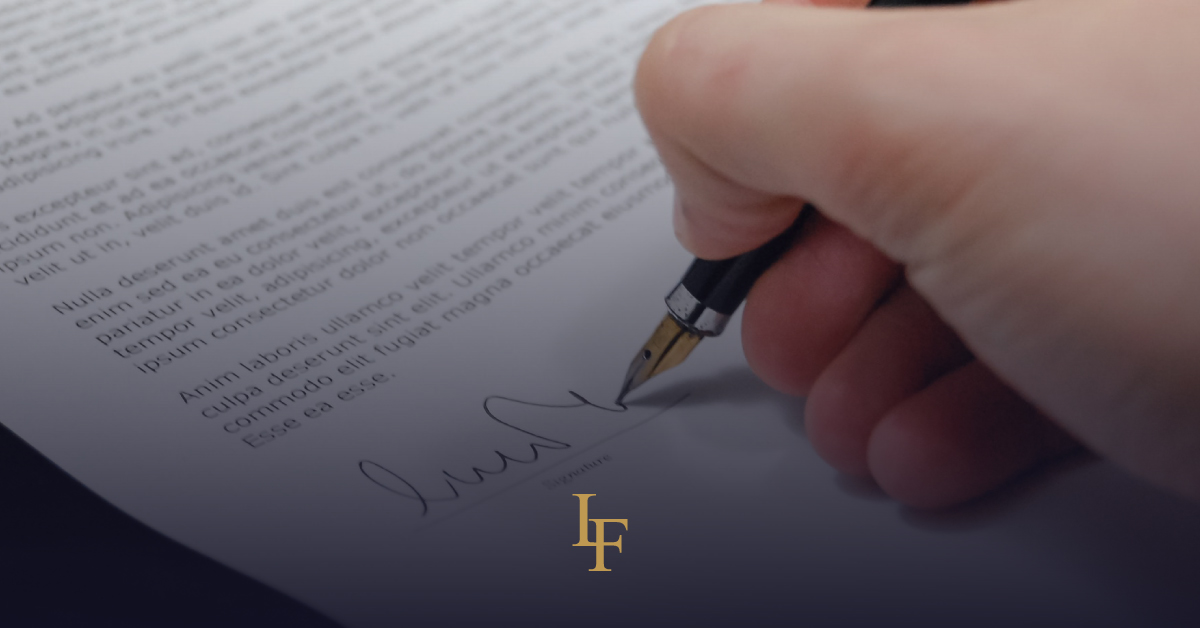Free legal aid and false self-certification
Today we will discuss a case addressed by our study
The case
Mr. F. was the recipient of a criminal decree condemning the penalty of € 30,000 fine because in the application for admission to the free legal aid at the expense of the state falsely declared and attested not to have received any income since the last declaration and not to exceed the minimum income, while the checks by the Guardia di Finanza showed that the real income of the family unit was quantified at € 54,025.
The judgment
The accused - certain of his own good reasons - proposed opposition against the criminal decree of conviction for which immediate judgment was hinged.
At the first hearing before the Single Court, the defense objected the nullity of the immediate judgment decree for violation of articles 429 and 456 of the criminal procedure code as the requisites referred to in art were insufficiently indicated. 429 paragraph 1 letters C and F of the criminal procedure code.
The accused also objected to the nullity of the notification of the criminal conviction decree as well as the immediate judgment decree.
The defendant, in fact, although resident in Italy, was in fact domiciled in the United Kingdom and demonstrated, during the first hearing, in a precise and rigorous manner, that the house where the notification was made was not his home and that the family members who had been notified of the documents were not cohabiting family members.
What the Supreme Court says
For the Supreme Court, the erroneous indication of the date of hearing in the decree of summons notified to the accused determines a general nullity affecting the intervention of the accused in court and which cannot be remedied by the regular notification of the decree to the his lawyer and his participation in the trial, so that the absolute uncertainty about the date of the appearance hearing contained in the summons served to the accused determines the absolute nullity of the decree.
The Supreme Court specifies that the nullity of the summons for trial due to absolute uncertainty of the date of the appearance hearing or erroneous indication of this date in the notification to the accused or in the notice to the defender is equivalent to the lack of the date.
What the European Court of Human Rights says
There Strasbourg Court stated that there is a violation of art. 6 ECHR whenever the instruments offered by domestic law do not respond to the principle that a trial can be held in the absence of the accused, provided that it is unequivocally established that he has renounced his right to appear and defend himself.
This principle of European Court of Human Rights imposes on the national judge the obligation to verify whether the accused has had the opportunity to know the proceedings against him when a dispute arises on this point that does not appear immediately and manifestly unfounded and that, in the event that it is ascertained that the sentence was pronounced despite the existence of a potential attack on the right of the accused to participate in his trial, there is a duty to renew the trial or to reopen the procedure in good time.
The outcome
Given the findings of the defense, the judge could only declare the criminal decree of conviction null and void and consequently the immediate judgment decree for which he returned the documents to the prosecutor to make notifications to the accused again.
However, in the meantime, the limitation period in favor of the accused was running.

